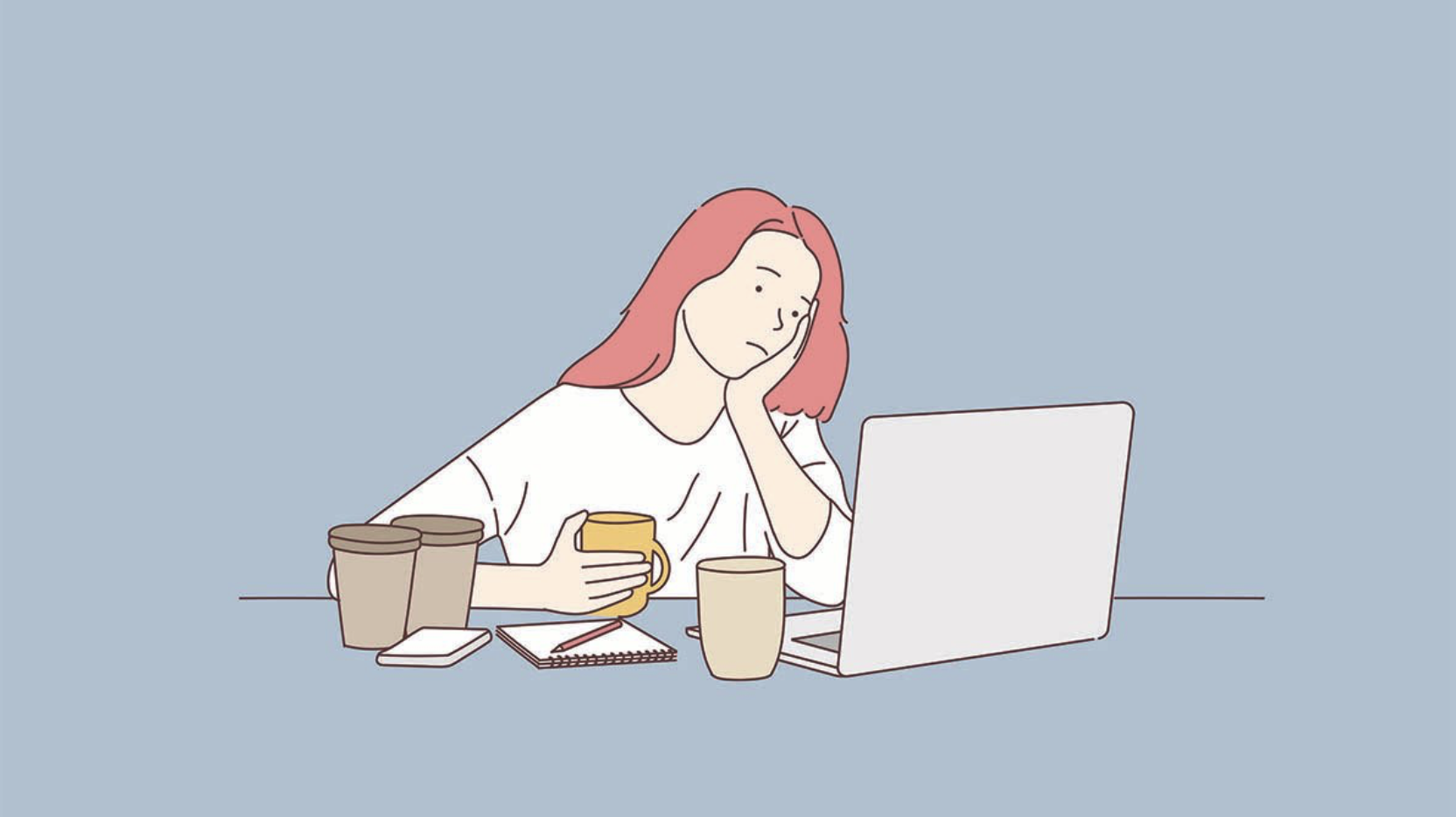Sorry, boredom is really good for us

I try anything to avoid being bored. My phone is the first port of call. If that doesn't suffice, I'll haphazardly try to reorganise what's on my desk. If that fails, I'll go annoy the dog. You get the picture. It's an endless line of time filling tactics. COVID-19 has compounded that, as all the fun non-boring things have dried up.
With all of us so frikkin' bored, some researchers have jumped on the opportunity to study what happens when we're more bored than usual. Turns out, it's actually a good thing.
What is boredom? 🥱
That may sound like a stupid question, but there is a lot of nuance to defining boredom, according to psychologists. What makes something boring, according to a recent paper, is knowing that you are bored.
- You need to have something to be bored with. Or what psychologists call, you have to be aroused by something. When there isn't much going on around you, people often say they feel relaxed. Bored people want to do something, but can't find anything engaging.
- Boredom happens when you find it difficult to concentrate on something. So if you're listening to someone talk, or stuck in a departure lounge waiting for a delayed flight, you're more likely to hit the boring button.
- Bored people are aware that they are trying to concentrate on something. Boredom strikes when you know you should be doing something, but cannot summon the effort to do it. Sound familiar?
But it seems, being bored has its reasons.
It makes you more creative 🧑🎨
In one 2013 study, British psychologist Sandi Mann found boredom helped people problem-solve. In an experiment, she split a group up into two. One group was given an incredibly dull task: read numbers out of a phone book. The other group could entertain themselves. Afterward, each group had to come up with as many uses for a single plastic cup. The number-crunching group scored significantly better in this creative task.
The thinking is that boredom pushes us to explore creative outlets and fill the ‘gap’ our brain is noticing. But, being bored doesn't open the door to instant creativity. In the book Out of my Skull: The Psychology of Boredom by psychologist John Eastwood, he argues that boredom has to be used to drive you towards something new.
“When you feel bored, because it’s an aversive and uncomfortable state, you’re motivated to look for something else. In that gap, there’s a real chance to discover something new. What matters to me and what am I passionate about? I think that looking can be a source of creativity.”
If you're bored and you start drawing on your leg (as I seem to do) that's less likely you to push you into something new, and more likely to ruin your pen.
Science has linked daydreaming with creativity, and Eastwood reckons it's here where the real ideas flourish. “Boredom triggers mind-wandering, and then mind wandering leads to creativity,” he says.
The bored artist 🎨
Mason Currey studied the routines of hundreds of artists, writers, and creatives for his two books, Daily Rituals, and Daily Rituals: Women at Work. Boredom, he says is the first half of the process. The second half is what he calls "spacing out".
“Doing something familiar with a kind of diffused focus that allows your mind to wander elsewhere. That’s something I’ve noticed over and over in my research and it seems to be one of the essential elements of the creative process across history.”
So the next time you hit the wall of boredom, use it to try something new.
Ok, where can I learn more? 📚
- Daily Rituals by Mason Curry delves into how people create, and it turns out, everyone is completely different.
- Out of my skull: the psychology of boredom by James Eastwood and John Danckert explains how to use boredom more effectively.
- How boredom can lead you to some of your most brilliant ideas - a great TED Talk on the subject.

